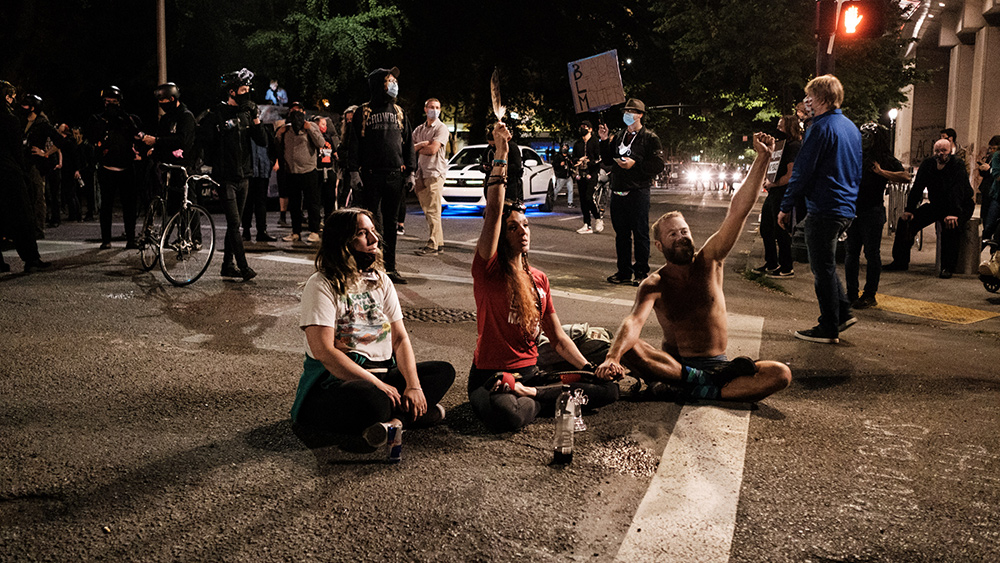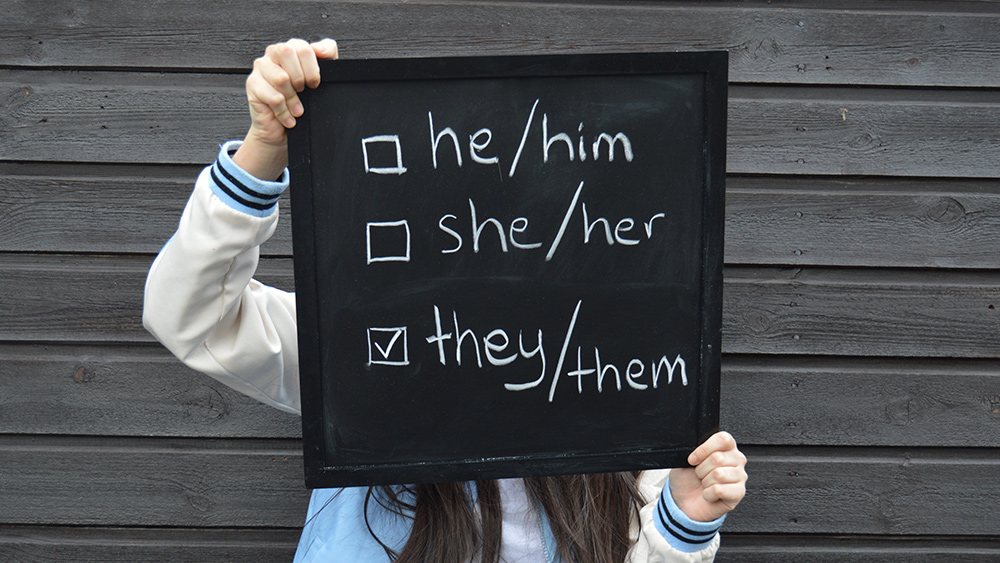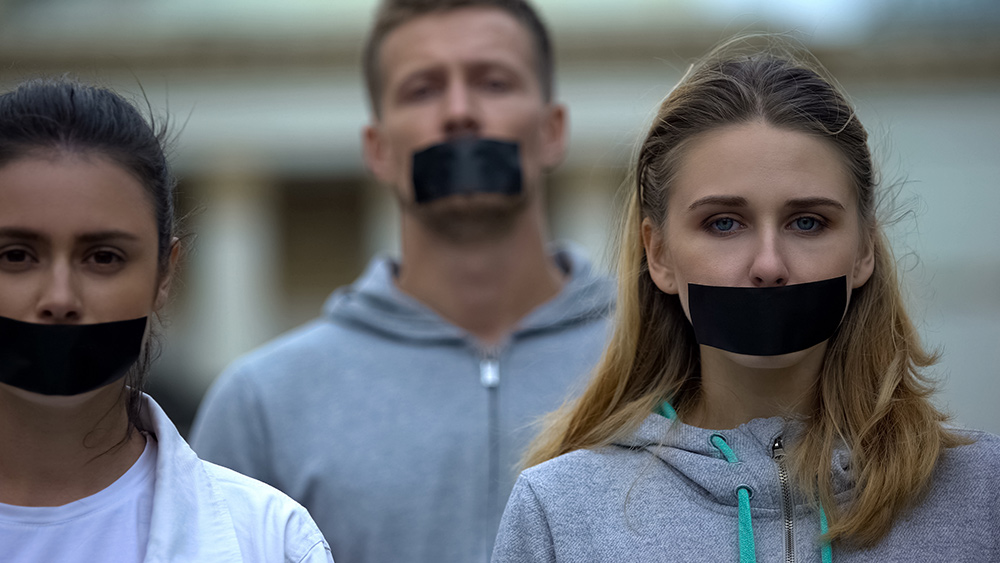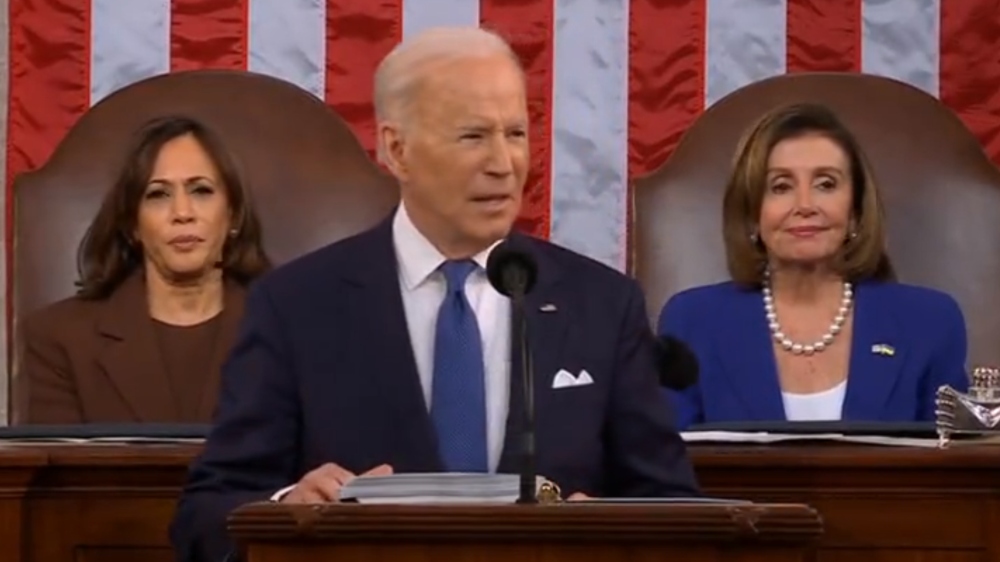James O’Keefe wins major lawsuit in Oregon as court rules anti-recording laws UNCONSTITUTIONAL
07/07/2023 / By Ethan Huff
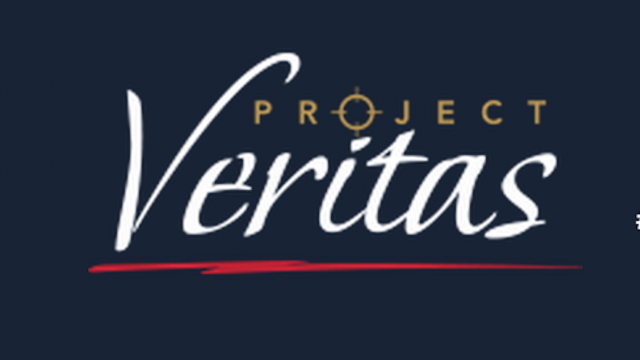
A law in the state of Oregon that prohibits recording people has been struck down by the Ninth Circuit Court of Appeals, vindicating undercover investigative journalist James O’Keefe of Project Veritas.
O’Keefe and Project Veritas sued the state back in 2020 over the matter, arguing that he and his group have a right to engage in undercover journalism and record people without their consent – and the courts agreed.
“WON in Ninth Circuit,” O’Keefe celebrated after the win. “Federal Appeals Court STRIKES DOWN Oregon criminal recording law.”
In its ruling, the Ninth Circuit Court of Appeals did not hold back in declaring the former Oregon law unconstitutional.
“It violates the 1st amendment right to free speech, INVALID ON ITS FACE,” the court said.
O’Keefe explained further why Oregon Revised Statute 165.540(1)(c) is invalid as it pertains to undercover journalism:
“This law prohibited anyone from making an audio recording unless that person ‘specifically informed’ others they were recording. But the law also included special permissions from the government to allow for non-notified recording of the police, but not any other government employee.”
“That just leaves the government putting its thumb on the lens of newsgathering, deciding which news is easiest to get and skewing reporting. Like the Ninth Circuit has explained before, whatever concerns Oregon has over shoddy reporting or ‘fake news,’ the remedy for speech that is false is speech that is true and not the suppression of speech.”
(Related: Check out the undercover footage O’Keefe captured a few months back showing that Fox News fired Tucker Carlson at the order of Dominion and the pharmaceutical industry.)
The First Amendment wins while leftists lose
Circuit Judge Sandra S. Ikuta out of the Ninth Circuit in Pasadena, Calif., authored the ruling opinion, stating that “Oregon does not have a compelling interest in protecting individuals’ conversational privacy from other individuals’ protected speech in places open to the public, even if that protected speech consists of creating audio or visual recordings of other people.”
In other words, it is unreasonable for the law to prohibit people from capturing public speech, even if the person speaking in public does not realize that he or she is being recorded. If you say something out loud in public, then it is reasonable to expect that someone might record it legally.
This is a major slap in the face to free speech-hating leftists who believe that all their dirty deeds, no matter how much they speak about them in public, should remain hidden at all times under threat of litigation. Where in the Constitution does it say that this is how the First Amendment works, we wonder?
“Great news just in time for Independence Day,” one commenter wrote in celebration of O’Keefe’s victory.
“If the 9th went against the state of Oregon, I sure hope they don’t waste taxpayer dollars to appeal,” wrote another.
“They probably won’t,” responded another. “They don’t have their buddies in the Supreme Court anymore.”
Numerous others wrote that the courts are slowly but surely chipping away at the leftist agenda with these kinds of rulings, “one by one, piece by piece” until it “caves.”
“The Ninth Circuit Court of Appeals if the most liberal appeals court in the country,” someone else wrote. “That they ruled in O’Keefe’s favor is unbelievable.”
Another praised former President Donald Trump for packing the judicial system with his own right-leaning nominees.
“Yes, there is still corruption and many anti-constitutionalist judges remain in office, but Trump was taking it in the right direction to restore the republic,” this person added.
James O’Keefe is one of the good guys. Learn more at Journalism.news.
Sources for this article include:
Submit a correction >>
Tagged Under:
anti-recording laws, First Amendment, free press, free speech, James O'Keefe, Journalism, justice, lawsuit, Oregon, progress, Project Veritas, truth.news, victory
This article may contain statements that reflect the opinion of the author
RECENT NEWS & ARTICLES
COPYRIGHT © 2018 SPEECHPOLICE.NEWS
All content posted on this site is protected under Free Speech. SpeechPolice.news is not responsible for content written by contributing authors. The information on this site is provided for educational and entertainment purposes only. It is not intended as a substitute for professional advice of any kind. SpeechPolice.news assumes no responsibility for the use or misuse of this material. All trademarks, registered trademarks and service marks mentioned on this site are the property of their respective owners.








